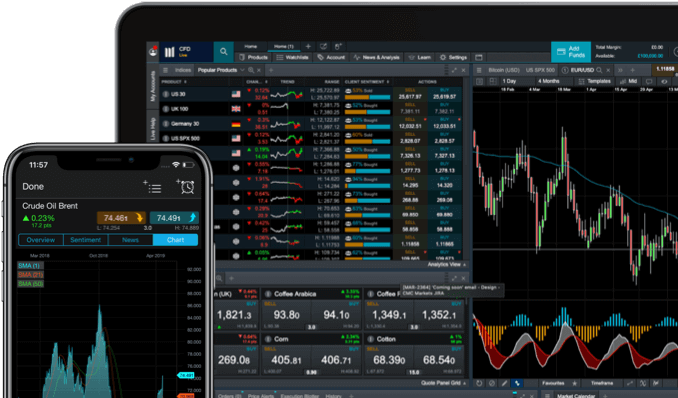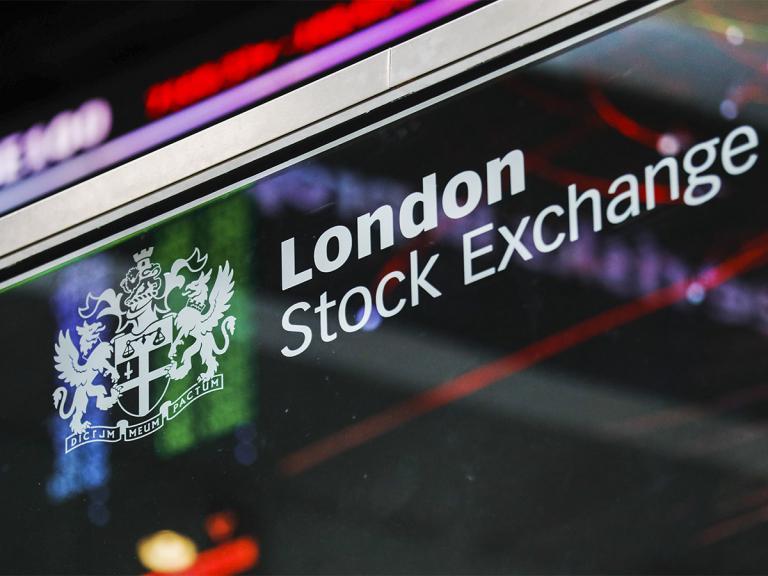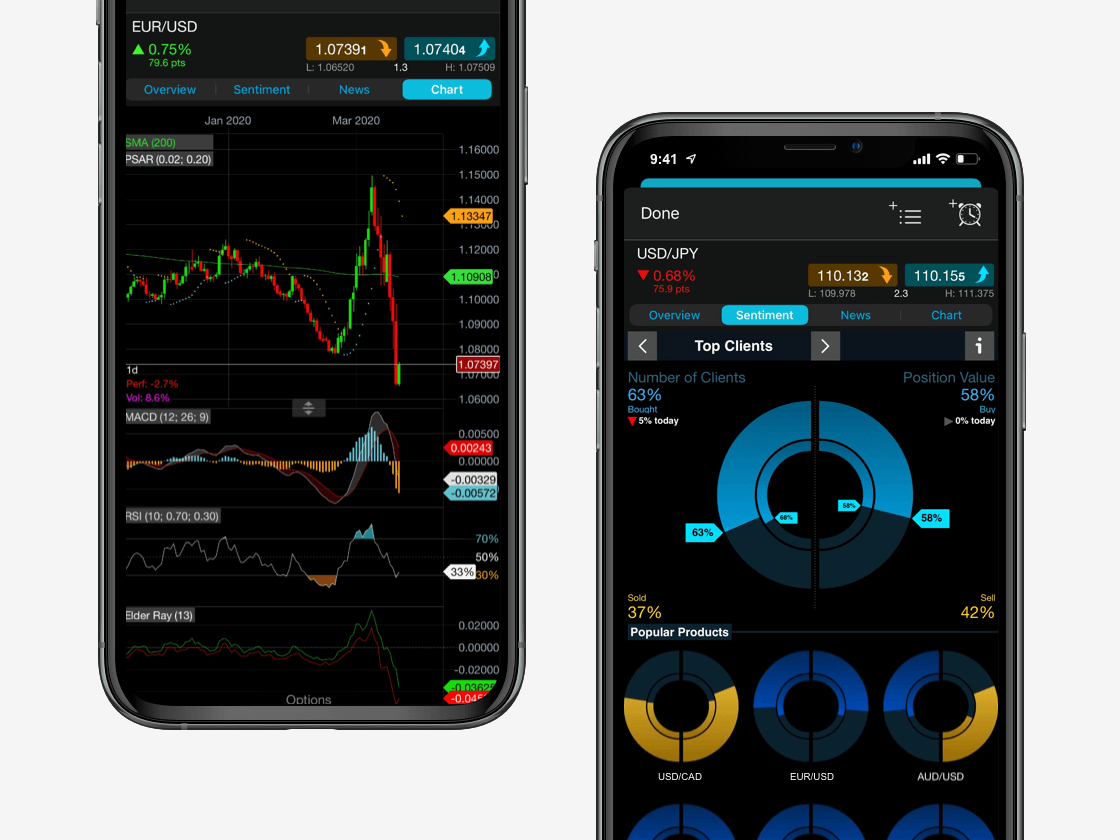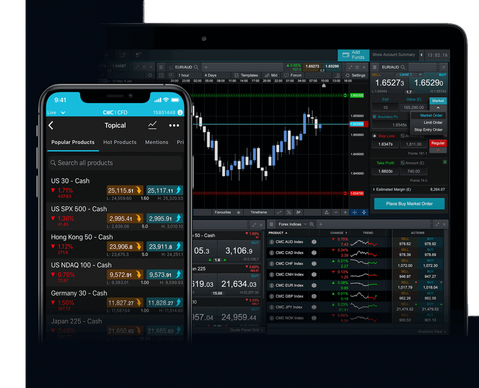An upcoming IPO’s share price is speculated on before it is actually announced, in relation to its overall revenue and income. However, an IPO can be under-priced if its sponsors cannot accurately predict the demand for the company’s shares.
Another theory is that some companies under-price their IPO below market value in order to attract a wider number of investors. A company that rises by a large amount on its IPO day may get a substantial amount of publicity, in turn further stimulating demand.
It is also speculated that IPOs are under-priced by their underwriters, who are typically large investment banks, in order to give their clients who are buying the stock a good deal and near immediate gains when the IPO goes live. This way, it ensures that the underwriter’s clients will be happy and investors will buy up all the shares of the company’s IPO, rather than having some shares left over.



